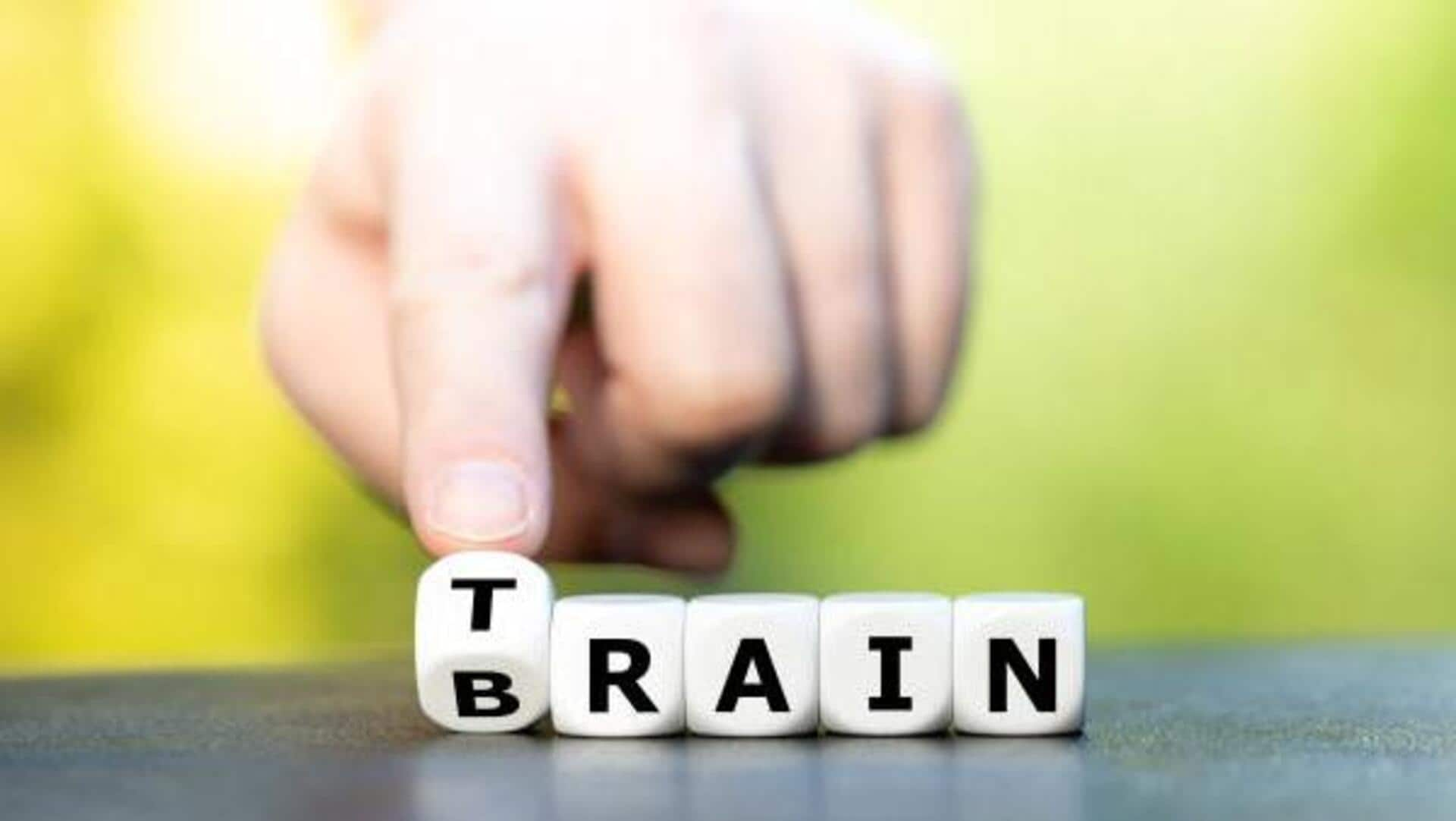
Does brain training improve IQ?
What's the story
Brain training apps have become quite popular, with the promise of enhancing cognitive abilities and boosting IQ. These digital platforms offer a range of games and exercises, claiming to improve memory, attention, and problem-solving skills. However, the effectiveness of such apps in actually increasing IQ remains a matter of debate. This article delves into the evidence behind brain training apps and their impact on IQ.
Scientific basis
The science behind brain training
While brain training apps are based on the principle of neuroplasticity, the brain's ability to reorganize itself by forming new neural connections, the scientific evidence supporting significant IQ improvement is limited. Most studies show that while these games can improve specific skills, they don't translate into a measurable increase in overall intelligence.
Immediate effects
Short-term benefits vs long-term impact
Brain training apps may offer short-term benefits by enhancing certain cognitive functions like working memory or processing speed. However, these improvements often don't persist over time or extend beyond the tasks practiced in the app. Users might notice initial gains but may not experience lasting changes in their overall cognitive abilities.
App comparison
Varied app effectiveness
Not all brain training apps are created equal. Some focus on more comprehensive cognitive tasks, while others may be limited to simple games. The effectiveness of an app can depend on its design, the variety of exercises offered, and how well it engages users over time. Comparing different apps can give insights into which might be more beneficial for specific cognitive goals.
Other approaches
Alternative cognitive enhancement methods
Apart from brain training apps, there are other ways to boost cognitive functions. Regular physical exercise, a balanced diet rich in nutrients that support brain health, and engaging in lifelong learning activities such as reading or puzzles can also contribute to improved mental agility without relying solely on digital platforms.